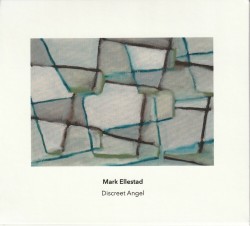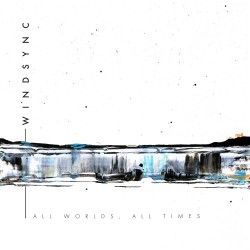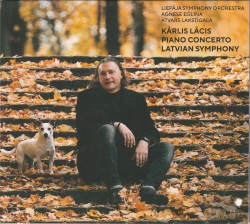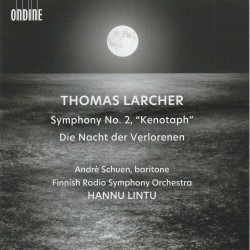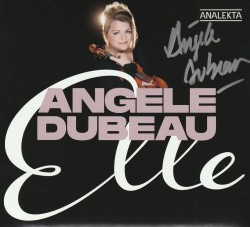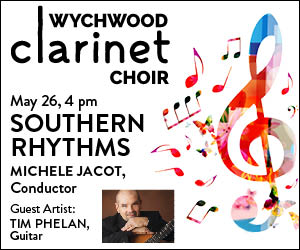to you through - India Gailey
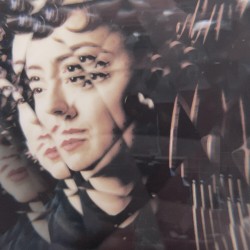 to you through
to you through
India Gailey
Redshift Records (indiayeshe.com)
Halifax-based cellist India Gailey’s first album includes a diverse mixture of contemporary composers, including a McGill colleague and a work of her own. Though sometimes sounding improvised, each piece is fully scored for cello, some with voice and occasionally multitracked with electronics. Gailey’s album flows like poetry, and she includes in her CD booklet descriptions of each track as a collection of thoughts and photographs that reads more like a journal, giving the collection almost a gallery setting, as if you could walk room by room to experience each work. Gailey’s writing includes personal reflections on her own feelings of place, being uprooted by the pandemic, emotions of disconnection and loneliness, the difference between a material home and feeling at home, and letting go of the perpetual search for a place to land.
While the album is an excellent introduction to Gailey’s breadth of skill as a cellist, the most outstanding tracks for me were the more recent works: compositions by Fjóla Evans, Yaz Lancaster and Anne Leilehua Lanzilotti. Gailey’s own 2020 composition Ghost, for acoustic cello and voice, is a delicate lament for the destruction of the Earth inspired by the Australian bush fires. Michael Gordon’s 2004 Light is Calling, written after the destruction of 9/11, is outstanding. Making use of stereo panning and seven layers of electronics plus cello, it encapsulates the climate of moving somewhere while staying rooted in place, much like our recent years, and ends with a sublimely organic deconstruction. If I could have a soundtrack playing the next time I am surfing a standing wave in a canoe, this would be it.


